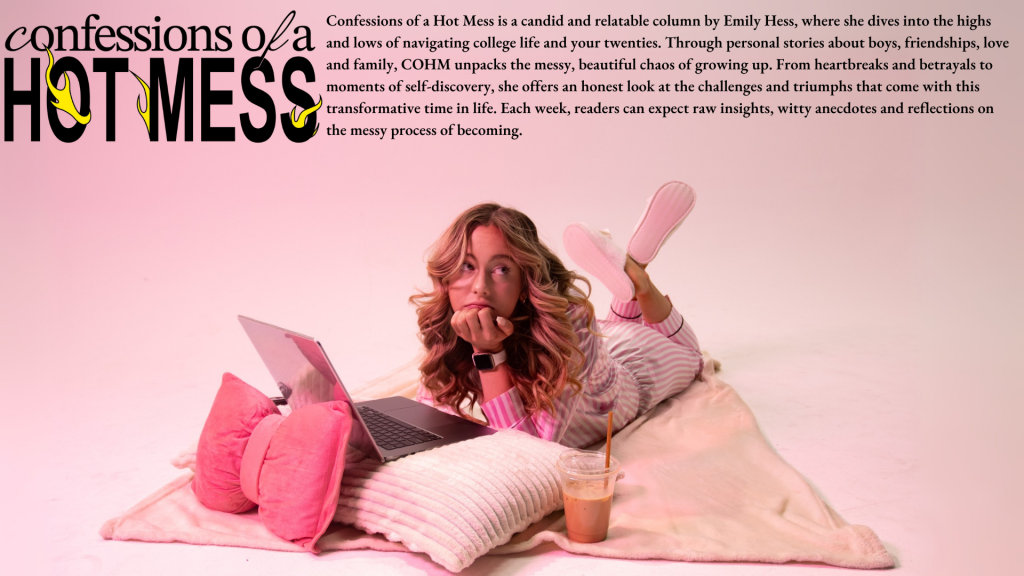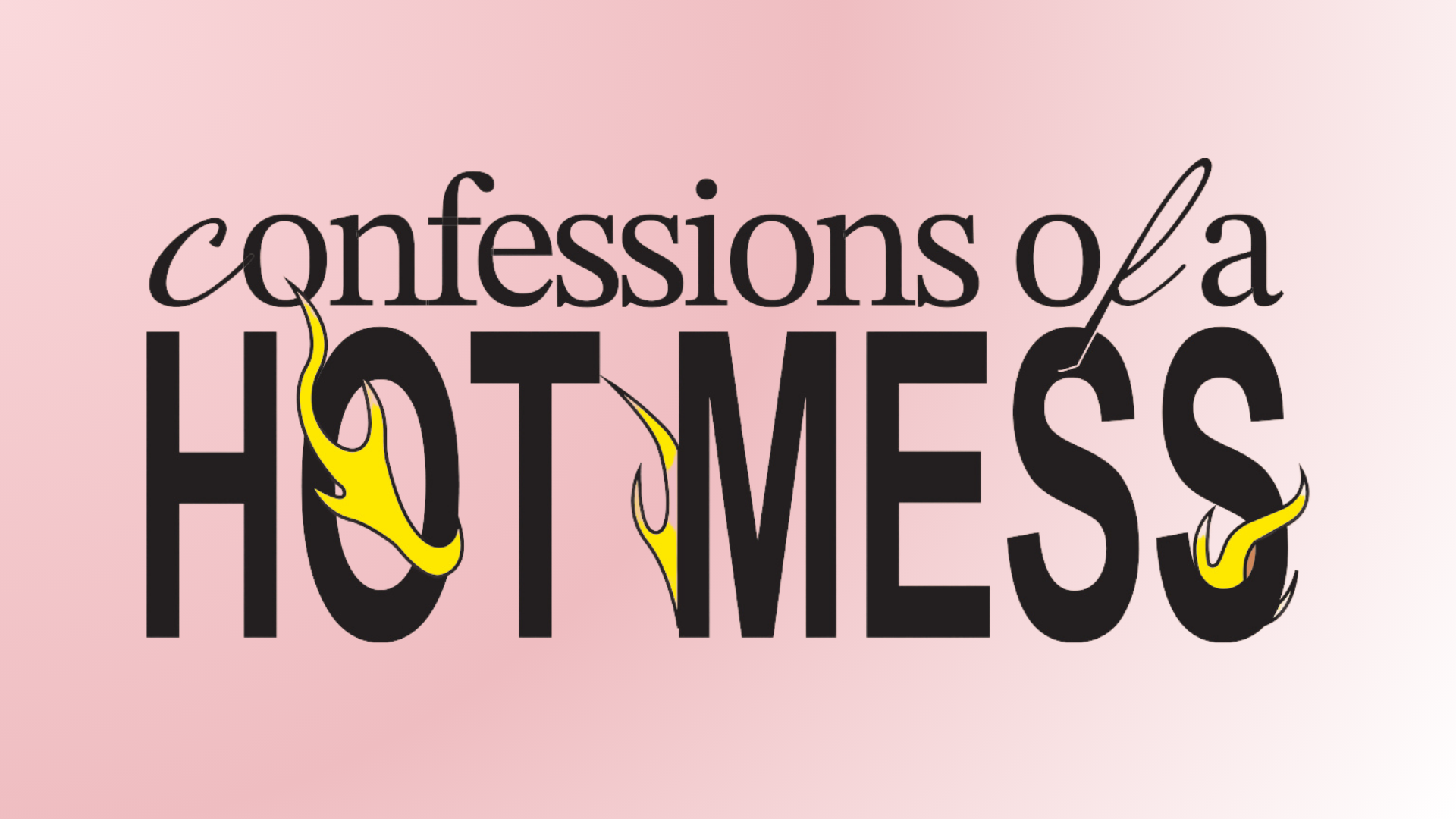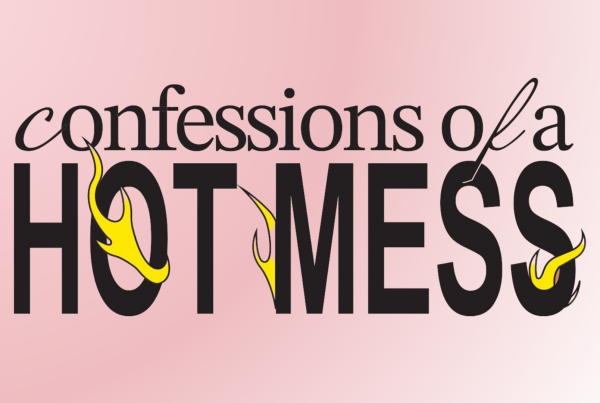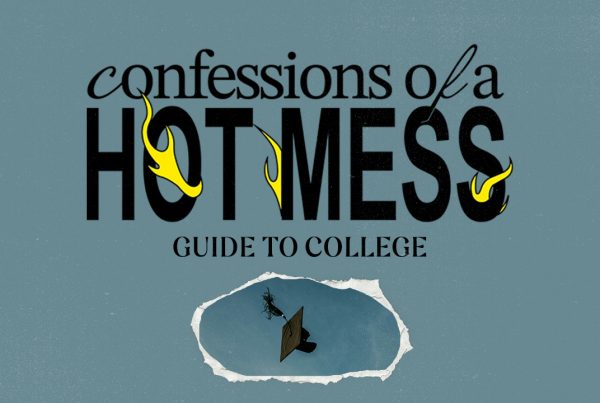“I don’t think I’ve had a healthy break up.”
I blurted out that line in the newsroom one afternoon, half-joking, half not. The room got quiet for a moment as I laughed it off, but it stayed with me. The idea that maybe—just maybe—something was wrong with me because I couldn’t manage to stay friends with an ex.
Was that the sign of a failed relationship? Shouldn’t we all strive to be mature and amicable, like those couples who can seamlessly transition from lovers to friends?
In college, though, breaking up doesn’t mean breaking away. It’s impossible to completely avoid someone who was once a big part of your life when they pop up at parties, study spots, the gym or even just walking across campus.
One ex, in particular, seems to show up everywhere—often when I least expect it and usually when I least want to see him. It ended poorly between us, leaving behind the kind of unresolved tension that makes every encounter feel like emotional whiplash.
We pretend like everything’s fine when we’re in the same room. But under the surface, it’s anything but. It’s full of awkward eye contact and pretending we aren’t paying attention to what the other is doing.
And then there was my long-distance relationship. The kind where you convince yourself it’ll work even though deep down you know the odds are stacked against you. When it ended, we both agreed to stay friends because that’s what you’re supposed to do, right? It felt like the “mature” choice, the one that would show we were above all the messy emotional drama that typically follows a breakup.
We stayed in touch, exchanged friendly texts and even had a few awkward FaceTime conversations. But as time passed, it became clear that trying to stay friends was only making things harder.
Expectations linger in the shadows, unspoken but always there. Can you really ask someone to be there for you when you’re no longer theirs? The lines blur between wanting emotional support and realizing you’re expecting too much from someone who isn’t obligated to care anymore. The emotional pull of “staying friends” keeps you anchored to something that’s supposed to be over, making it impossible to move forward. And the truth is, the more we tried to be friends, the more it hurt. The friendship felt like an extension of our relationship, but without the intimacy or commitment.
Sometimes staying friends can hurt more than letting go. We think it’s the kinder option. But in reality, it keeps us trapped in the past, constantly reminded of what’s been lost.
There’s this unspoken rule that staying friends after a breakup is the sign of emotional maturity, as if ending a relationship without cutting ties is somehow a badge of honor. But what if staying friends isn’t always the healthiest thing to do? What if it’s not about emotional growth, but rather about being too afraid to completely let go?
The hard part is realizing that “staying friends” often means holding on to expectations that neither person can meet. You expect them to still be there for you, to care about your life, to fill that emotional void they once did—but without the intimacy, the commitment or the right to ask for it. And when those expectations aren’t met, the disappointment stings even more. It makes you question whether the relationship was ever real if it can’t survive as a friendship.
But then again, maybe staying friends is a choice we make when we’re not ready to fully close the door. Maybe it’s less about maturity and more about hoping that, somehow, staying connected will ease the pain. It’s the emotional equivalent of keeping a foot in the door, just in case.
But sometimes that door needs to be shut for good, and maybe that’s okay.
Some people can transition into friends after a breakup, and good for them! But for the rest of us? Maybe it’s a sign of emotional health to recognize when staying friends is only prolonging the hurt. There’s no universal rule, no perfect way to navigate the post-breakup world. Some people are meant to stay in your life, and some are just passing through.
So, can you really be friends after it’s over? Maybe. But sometimes, walking away completely is the real sign of maturity—the kind that doesn’t come from keeping someone in your life, but from knowing when to let go.

Confessions of a Hot Mess is the personal work of Emily Hess. The opinions expressed in this column, as well as those published in The Nevada Sagebrush, are solely those of the author and do not necessarily reflect the views of The Sagebrush or its staff. Hess is a student at the University of Nevada studying journalism. She can be reached at emilyhess@sagebrush.unr.edu and on Twitter @emilyghess3.









